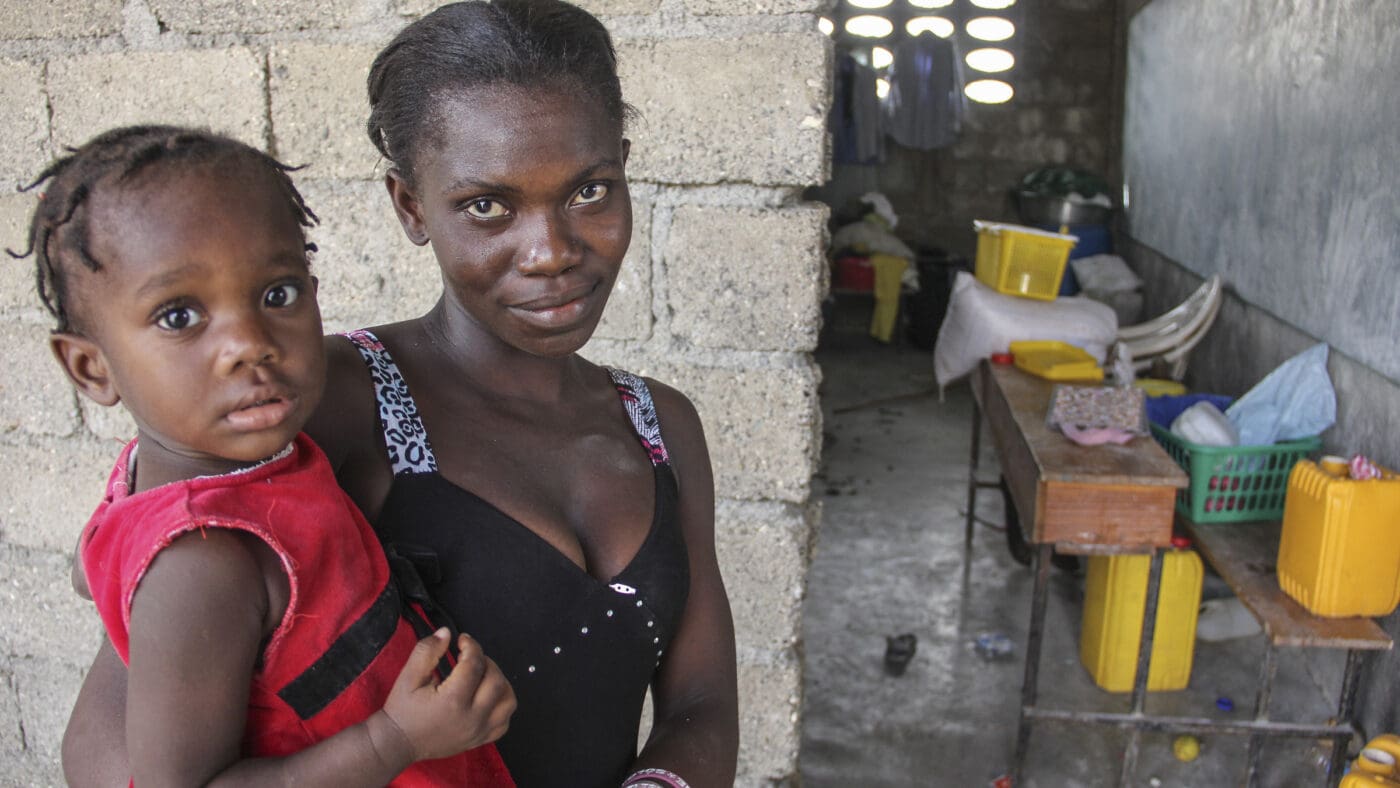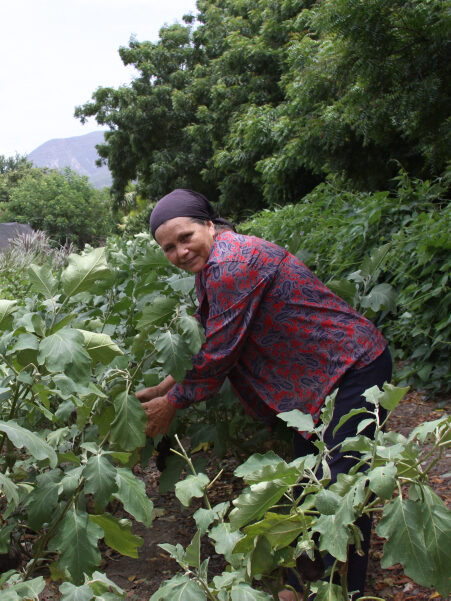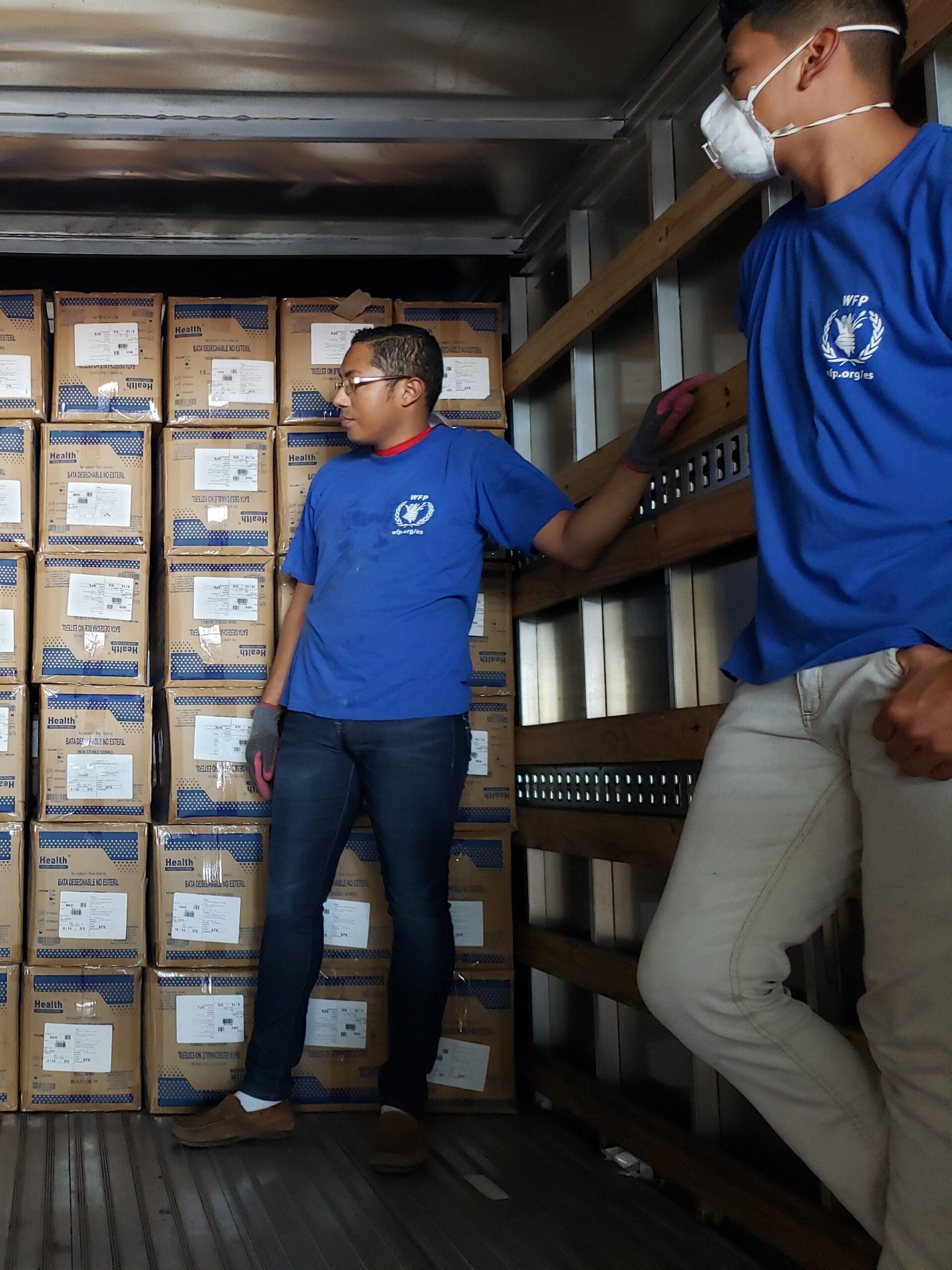
CUBA:
Climate Change Threatens
Over the last 50 years, Cuba’s comprehensive social protection programs have largely eradicated poverty and hunger. But diets remain poor in quality and climate shocks threaten the island, damaging the economy and food security.
out of 189 countries in the Human Development Index
of children aged 2 suffer from anaemia
between 70 and 80% of Cuba’s food is imported

progress and disaster
The largest island in the Caribbean, Cuba is one of the most successful in achieving the Millennium Development Goals (MDGs). Food-based social safety nets include a monthly food basket for the entire population, school feeding programs, and mother-and-child health care programs. Although effective, these programs mostly rely on food imports and strain the national budget. In 2011, in the context of efforts to make the economy more efficient, the government announced plans to make social protection more sustainable and streamlined, with an emphasis on the most vulnerable groups along “no one left behind” lines.
With few vegetables consumed and low food diversity, the diet of the average Cuban family is poor in micronutrients. Since 2011, the Government has been making efforts to strengthen its National Plan for the Prevention and Control of Anaemia, particularly among children under 5. At the end of 2015, the Food Security and Nutrition Monitoring System (SISVAN) indicated a persistently high prevalence of anaemia in the five eastern provinces: 31.6 percent among children aged two, and up to 39.6 percent among children aged six months.
Cuba imports 70 to 80 percent of its domestic food requirements, with most imports slated for social protection programs. The government is prioritizing higher domestic food production – particularly of beans, a critical source of protein. Part of this effort has involved converting of state farms into cooperatives.
But challenges remain. Farming technology is obsolete, making for low productivity and high post-harvest losses. There is also limited technical capacity and poor access to inputs and credit, particularly in the eastern provinces of Granma, Guantánamo, Holguín, Las Tunas and Santiago de Cuba, where development rates are the lowest in the country.
Cuba is highly prone to tropical storms, hurricanes, heavy rainfalls, drought and occasional earthquakes. Over the last eight years, climate hazards have caused more than USD 20 billion in losses, damaging the economy in general and food security in particular.
Between 2014 and 2015, a severe drought caused water shortages for 1.2 million people. Food supplies dwindled and prices rose. Since the beginning of 2016, by contrast, food production has been hit by heavy rains blamed on El Niño.
Although Cuba’s civil protection system works well in the face of climate hazards, resilience would benefit from greater attention to food security and nutrition in the preparedness and response system.

WFP’s Work in Cuba
We’ve been on the ground in Cuba since 1963, supporting social safety nets for different groups at risk of hunger.

WFP supports national food-related safety programs targeted at schoolchildren, pregnant and nursing women and elderly people, including through iron supplementation, food fortification and diversification for children under 2 and pregnant or nursing women. We’re also strengthening capacities for nutritional education and interventions, including through adequate dissemination and use of data collected via the national Food Security and Nutrition Monitoring System.


WFP is supporting the Government’s response to climate-related hazards. We contribute to the integration of food security analysis into national early-warning systems for drought and hurricanes, and help disseminate this information to national and local decision makers. Separately, an emergency contingency stock was established, enabling WFP, in case of a natural disaster, to provide assistance to nearly 275,000 people for one month.


WFP works to strengthen local agricultural value chains – mostly bean production and processing – to ensure national quality food supplies for social protection programs and reduce food imports. In target provinces, we work with all stakeholders to identify and remove the main bottlenecks in the bean value chain, and carry out training on business planning, cooperative farming, gender equality and environmentally friendly production techniques.

Help Save Lives by Sending Food
You can help deliver food to vulnerable populations in Cuba and other countries by donating to WFP